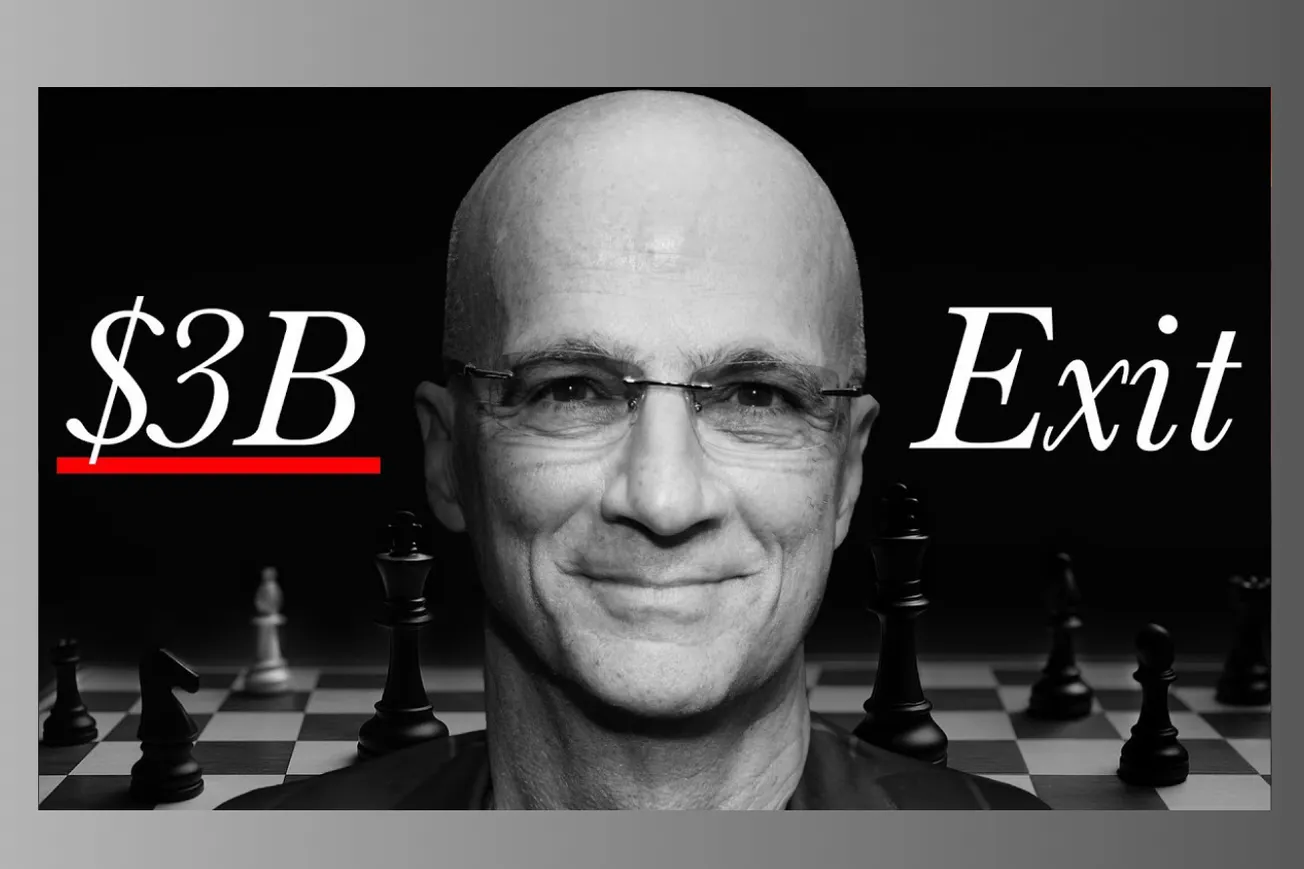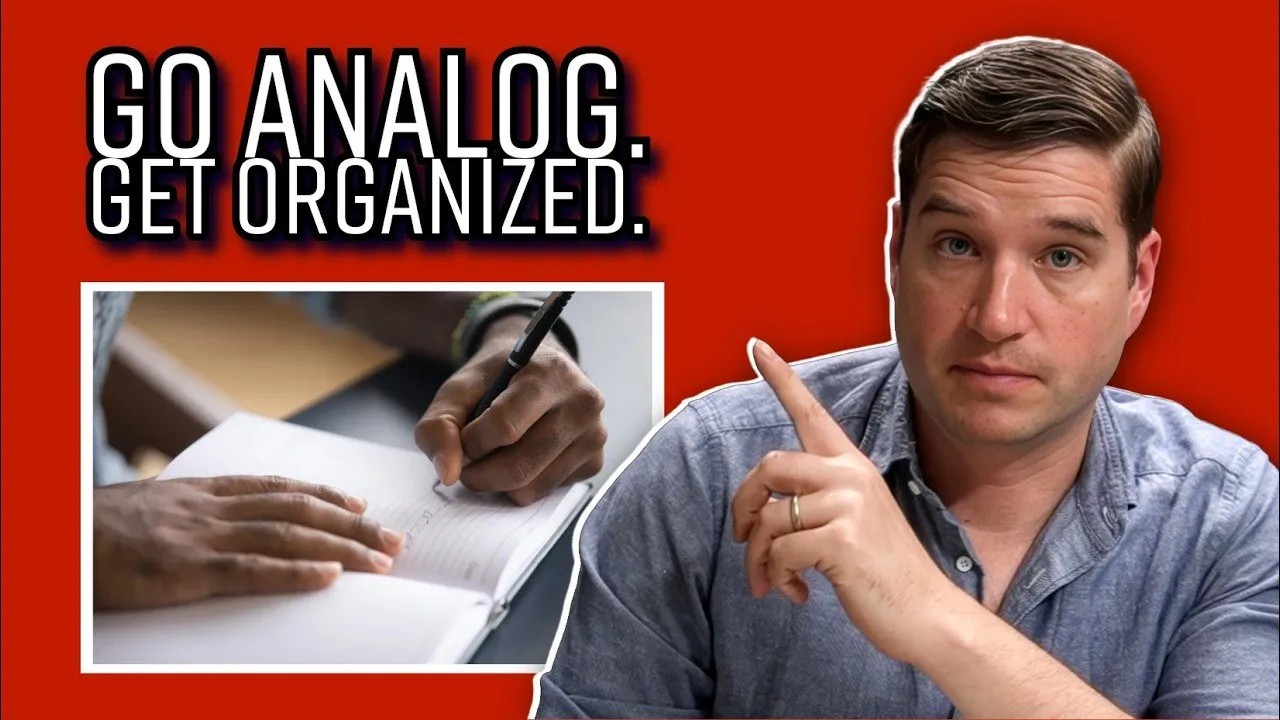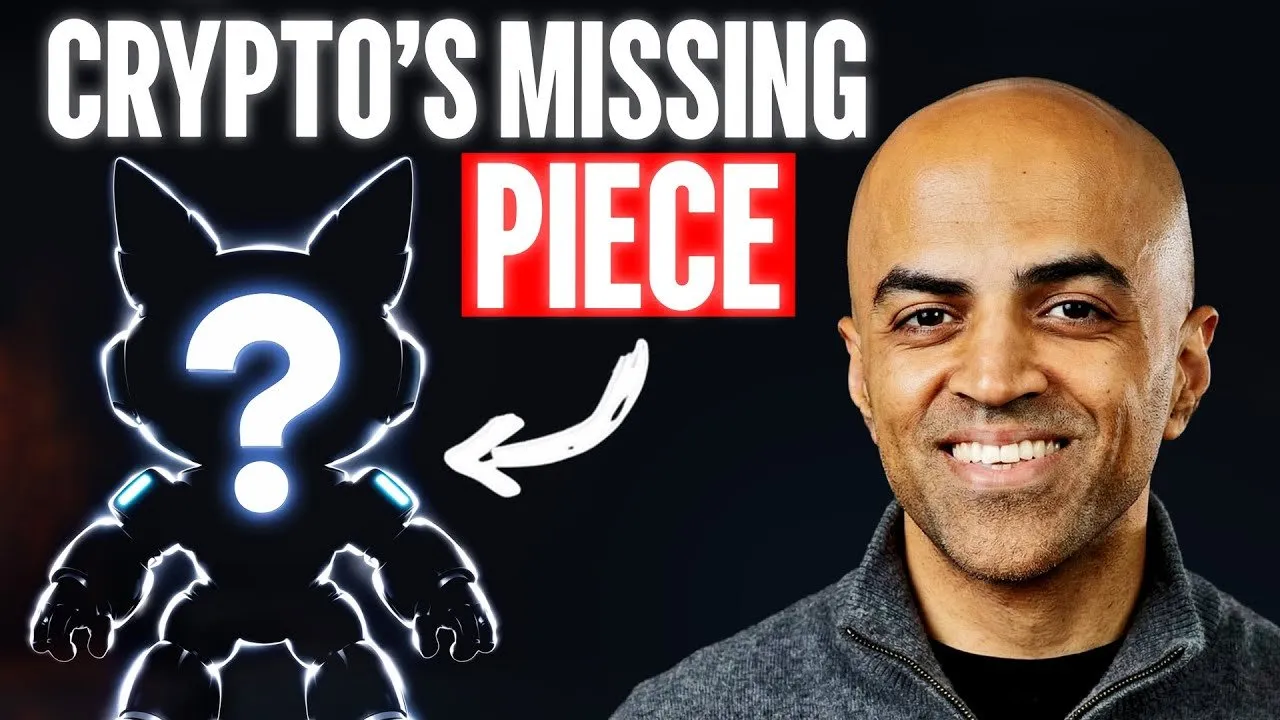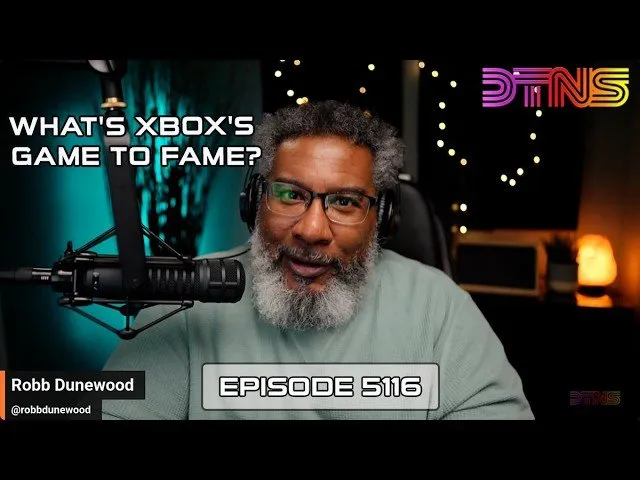Table of Contents
Jimmy Iovine transformed from a fired studio janitor into a legendary producer and billionaire entrepreneur by mastering one principle: always bet on extraordinary talent.
Key Takeaways
- Iovine got fired from his first two music industry jobs but persistence through Ellie Greenwich's help led to his breakthrough at Record Plant Studios
- His philosophy of using "fear as a tailwind" rather than letting it paralyze became fundamental to his success across five decades
- Working with Bruce Springsteen taught him that mediocrity becomes invisible when passion shows up and exposes it
- He built career-defining relationships by focusing on serving others' projects: "You are there to help make their project better"
- His "racehorse blinders" mentality meant ignoring external opinions while pursuing goals with laser focus
- Every major pivot required betting on talent first - from John Lennon to Dr. Dre to discovering Eminem in a demo tape
- Long-term loyalty trumped short-term profits, as demonstrated when he refused corporate pressure to drop Dr. Dre during failed albums
- Iovine's pattern involved mastering one domain completely before pivoting to the next challenge rather than staying comfortable
- His marketing genius created cultural phenomena through strategic placement and calculated controversy
Timeline Overview
- 00:00-15:00 — Early Brooklyn origins, father's longshoreman background, initial rejections and firings from recording studios before breakthrough at Record Plant
- 15:00-30:00 — Meeting Roy Cicala and John Lennon on Easter Sunday, learning studio fundamentals while working with Phil Spector's chaotic recording sessions
- 30:00-45:00 — Bruce Springsteen collaboration teaching work ethic, nearly quitting before manager's advice about staying focused on the big picture
- 45:00-60:00 — Post-Born to Run success leading to overconfidence, getting fired from Fog Hat project, recommitment with Patti Smith collaboration
- 60:00-75:00 — Tom Petty partnership producing massive hits, developing reputation as "tornado of promotion" while honing marketing instincts
- 75:00-90:00 — Meeting Stevie Nicks, facilitating song exchanges between artists, beginning transition from producing to business entrepreneurship
- 90:00-105:00 — U2 collaboration with Bono, personal tragedy losing father within six-week period, decision to pivot toward record label ownership
- 105:00-120:00 — Founding Interscope Records with David Geffen's mentorship, developing "produce the producers" strategy with artists like Trent Reznor
From Rejection to Recognition: Building Resilience in the Music Industry
- Iovine's entry into music began with repeated failures - getting fired from sweeping floors at a recording studio, then fired again on the 89th day of a 90-day trial period at another studio, demonstrating that early setbacks often precede breakthrough opportunities.
- Ellie Greenwich's intervention became pivotal when she secured him a third chance at Record Plant Studios, illustrating his lifelong belief that "when you're in a position to help somebody, you should help them" because single acts of kindness can change entire career trajectories.
- His meeting with mentor Roy Cicala introduced the concept of "working through you" - where experienced professionals teach by having students physically operate equipment while providing real-time guidance, creating muscle memory and intuitive understanding rather than theoretical knowledge.
- The Easter Sunday phone call from Cicala represented his first major test of commitment, with his traditional Italian family pressuring him to skip work for religious obligations while his career instincts demanded he prove reliability regardless of circumstances.
- Working alongside John Lennon transformed him from floor sweeper to board operator overnight, but the transition required extreme attention to detail - he became so proficient at making Lennon's tea that "he wouldn't let anybody else make it" because precision mattered in every aspect of studio work.
- Charlie Munger's principle of inversion appeared early in Iovine's thinking: "I was thinking not what I was going to do. I was thinking what I wasn't going to do. I wanted to do something that was special" rather than accepting predetermined paths like dock work.
The Fear-to-Power Transformation: Turning Anxiety into Achievement
- Iovine's philosophy of fear management became legendary: "Fear's a powerful thing. It's got a lot of firepower. If you can figure out a way to wrestle that fear to push you from behind rather than stand in front of you, that's very powerful."
- His formative experience with Phil Spector's chaotic recording sessions - featuring guns, alcohol, bathroom shootings, and physical confrontations between industry titans - forced him to function under extreme pressure while maintaining professional standards and avoiding career-ending mistakes.
- The intimidating environment of working with David Geffen and Phil Spector simultaneously in a tiny room taught him that successful people experience the same conflicts and tensions as regular people, demystifying celebrity and reducing his intimidation around powerful figures.
- His father's unwavering support provided crucial psychological foundation: "My father was a real cheerleader. He always told me whatever room you go into is better because you are there" which eliminated impostor syndrome and belonging anxiety throughout his career.
- Iovine trained himself to "anytime you feel fear, you have to take a step forward" - a practice that became automatic and enabled him to seize opportunities others would avoid due to uncertainty or risk aversion.
- His acknowledgment of personal insecurity - "I had a lot of insecurities and a lot of fear. I was one of those guys like oh man I hope they don't hit the ball to me" - revealed that confidence came through accumulated experience rather than natural fearlessness.
The Springsteen Education: Learning Excellence Through Relentless Standards
- Bruce Springsteen's work ethic redefined Iovine's understanding of professional commitment: "Bruce taught me that you don't stop until you get it right" became a foundational principle applied across all future projects and relationships.
- The three-week pursuit of perfect drum sounds illustrated Springsteen's philosophy that "sometimes you need to be indulgent" when pushing creative boundaries, with Springsteen repeatedly saying "stick" to demand another take until achieving the desired "size and power."
- Springsteen's career philosophy revealed deeper motivations than fame or wealth: "I didn't want to be rich. I didn't want to be famous. I didn't even want to be happy. I wanted to be great" - a quote that immediately influenced Iovine's own goal-setting framework.
- The near-quit moment during Born to Run sessions led to career-defining advice from Springsteen's manager: "Stay in the fucking saddle. You are missing the big picture. We're here to help Bruce make the best record he can. That's the job."
- Iovine's key insight from this period centered on service: "You are there to help make their project better. And part of that is caring as much about their music as they do" rather than prioritizing personal recognition or comfort.
- Springsteen's description of their collaboration captured Iovine's rapid learning ability: "Jimmy Iovine brilliant impostor young studio dog with the fastest learning curve I've ever seen" - highlighting how intense pressure accelerated skill development rather than hindering it.
Talent Recognition: The Art of Identifying and Empowering Genius
- Iovine's superpower became evident early in his career: "One thing about Jimmy Iovine is he's always known which people to hang around with" - a skill that paralleled Steve Jobs' ability to consistently identify extraordinary individuals for collaboration.
- His approach to artist development emphasized creative freedom over control: "When you have great artists, when you have great talent, what you do is you give them the keys and you say, 'Drive'" rather than micromanaging or imposing external creative constraints.
- The philosophy of "producing the producers" emerged as Interscope's competitive advantage - finding exceptional creative minds like Trent Reznor and Dr. Dre, then providing resources and removing obstacles rather than directing their artistic vision.
- His talent assessment focused on unique sonic qualities rather than commercial formulas, as demonstrated when hearing Dr. Dre's The Chronic: "Dre's sonics were far superior to any rock or hip-hop record being made. It sounded better than anything else on my speakers."
- Iovine's willingness to spend a full year negotiating Nine Inch Nails' contract without meeting Trent Reznor in person demonstrated faith in talent over personality compatibility, trusting that exceptional ability would translate into successful collaboration.
- His discovery of Eminem through a demo tape reinforced his core belief: "Great can come from anywhere. We weren't looking for a white controversial rapper. We were looking for great" - emphasizing meritocracy over demographic expectations or market categorization.
Relationship Capital: Building Loyalty Through Authentic Partnership
- Iovine's approach to long-term relationships prioritized mutual success over immediate profit maximization, understanding that sustainable careers require partners who benefit from association rather than feel exploited by terms.
- His loyalty to Dr. Dre during Aftermath Records' early failures illustrated authentic partnership: when corporate pressure mounted to "get rid of this guy," Iovine responded, "Yeah, we could do that. And then you'll save my salary as well because I'm going with him."
- The timing of Eminem's discovery perfectly demonstrated how loyalty creates opportunity - people pressured Iovine to abandon Dr. Dre just before Dre would develop "the best-selling rap artist of all time" and transform both their careers permanently.
- Iovine's phone-based relationship building became legendary among artists: "As a producer, you have a responsibility to understand the person's record you're making. I would spend a lot of time on the phone after the sessions. I would spend a lot of time just talking to them."
- His partnership philosophy extended beyond business into personal support during crises, as demonstrated when facilitating artist collaborations like connecting Bruce Springsteen's unused songs with Patti Smith and Tom Petty's material with Stevie Nicks.
- The three-decade partnership with Dr. Dre culminated in selling Beats to Apple for $3 billion, proving that authentic relationships compound exponentially over time when built on mutual respect rather than transactional convenience.
Strategic Pivoting: Mastering Reinvention Without Losing Identity
- Iovine's career demonstrated systematic evolution rather than random changes: from studio sweeper to engineer to producer to record label founder to technology entrepreneur, with each transition building upon accumulated expertise and relationships.
- His recognition of technological disruption in music led to proactive adaptation: "I don't want to be the guy that sells the last CD" drove his transition from traditional record sales to streaming services and hardware integration.
- The Beats headphones concept emerged from understanding market positioning gaps: while Bose focused on noise cancellation for relaxation, "We don't want to put you to sleep. We want to make you move. We looked at it as motivation. We wanted to sell you something that would get you off your ass."
- Iovine's marketing genius included calculated controversy - getting Beats banned from Olympics and NFL because they weren't official sponsors generated publicity and desirability similar to Nike's Air Jordan NBA ban strategy.
- His retirement decision reflected conscious choice rather than external pressure: "I was very driven to the day that I retired and that is why I retired. I didn't want to be driven anymore and it was a conscious thing" - demonstrating self-awareness about optimal career timing.
- The blinders philosophy guided all transitions: "When you're a racehorse, the reason they put blinders on these things is because if you look at the horse on the left or the horse on the right, you're going to miss a step" - maintaining focus despite external opinions or conventional wisdom.
Conclusion: The Iovine Blueprint for Extraordinary Achievement
Jimmy Iovine's journey from Brooklyn dropout to billionaire entrepreneur demonstrates that extraordinary success comes from mastering a simple formula: identify exceptional talent, serve their vision completely, build authentic long-term relationships, and maintain relentless focus while ignoring external noise. His philosophy of transforming fear into forward momentum, combined with an unwavering commitment to quality over convenience, created a blueprint that transcends the music industry and applies to any field requiring breakthrough innovation.
Practical Implications
- Transform fear into action - Train yourself to step forward whenever you feel fear rather than allowing anxiety to create paralysis or delay
- Focus on serving excellence - Position yourself to make others' projects better rather than prioritizing personal recognition or immediate benefits
- Invest in long-term relationships - Choose loyalty and compound partnerships over short-term profit maximization or convenience
- Identify and bet on talent - Develop pattern recognition for exceptional ability and provide resources without micromanaging creative processes
- Use blinders strategically - Ignore external opinions and lateral comparisons when pursuing important goals with sustained intensity
- Master before moving - Achieve genuine expertise in current domain before transitioning to new challenges or opportunities
- Embrace calculated controversy - Generate attention through strategic boundary-pushing rather than avoiding all conflict or criticism
- Practice relentless standards - Adopt "stick, stick, stick" mentality where good enough never satisfies pursuit of greatness
- Build through pivots - View career evolution as strategic advancement rather than abandoning previous expertise or relationships





